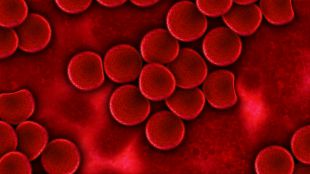 PIXABAY, GERALTFor $699, consumers can send a blood sample to San Diego-based Pathway Genomics, which will scan cell-free DNA for mutations associated with various cancer types and return results in a few weeks. The test is designed to catch cancer before patients have symptoms. While no one is arguing the worthiness of such a goal, experts have noted that the reliability of these tests is anything but.
PIXABAY, GERALTFor $699, consumers can send a blood sample to San Diego-based Pathway Genomics, which will scan cell-free DNA for mutations associated with various cancer types and return results in a few weeks. The test is designed to catch cancer before patients have symptoms. While no one is arguing the worthiness of such a goal, experts have noted that the reliability of these tests is anything but.
“I am very reticent to believe a privately funded personal genomics company’s claims when there is no peer-reviewed data to support their tests or technical approaches,” Isaac Garcia-Murillas, an oncologist at the Institute of Cancer Research in London, told The Verge.
The control samples used to build the assay came from patients already diagnosed with cancer. “Detecting cancers in the blood of patients who are known to have cancer is decidedly not the same as detecting cancer mutations in people who haven’t yet been diagnosed,” The Verge reported.
Consumers interested in the test will have to work through their physician, or a doctor the company recommends. The company’s test is marketed toward people with a known cancer risk, such as a those with a close ...



















